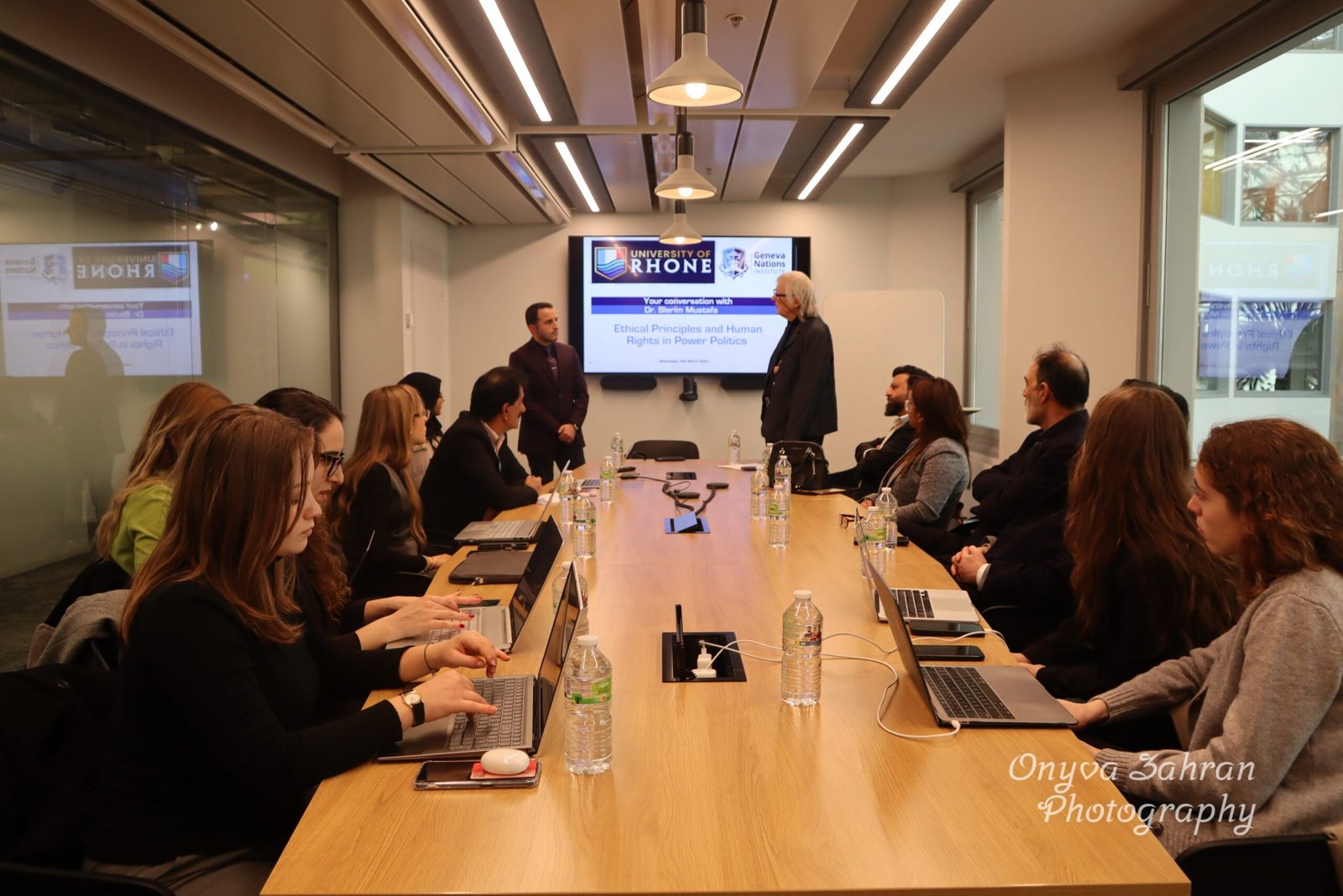DBA IN STRATEGIC
MANAGEMENT &
LEADERSHIP



DBA IN STRATEGIC
MANAGEMENT &
LEADERSHIP
Program Overview
Award : Doctor of Business Administration (DBA) in Strategic Management and Leadership
The Doctor of Business Administration (DBA) in Strategic Management and Leadership at Geneva Nations Institute is a rigorous, practice-oriented doctoral program designed for senior executives and experienced professionals seeking to deepen their strategic insights and leadership capabilities. This two-year program equips participants with advanced research skills and theoretical knowledge to address complex organizational challenges, drive innovation, and lead transformative change in dynamic global environments. It focuses on developing thought leadership and applying cutting-edge management theories to real-world strategic issues.
Total Credit Hours: 120 ECTS
Program Duration: 2 years (4 semesters), fully online with optional live interactive sessions and workshops.
Mode of learning: Blended learning, combining self-paced study, live interactive sessions, and guided research
Program Goals
Course Objectives for the Degree
Upon successful completion of the DBA in Strategic Management and Leadership, participants will be able to:
Semester 1: Advanced Research and Strategic Foundations (30 ECTS)
- Content: Philosophy of science; qualitative, quantitative, and mixed-methods research designs; literature review techniques; ethical considerations in research.
- Learning Outcomes: Upon completion, participants will be able to:
- Critically assess various research paradigms and their applicability to business problems.
- Formulate well-defined research questions and objectives at a doctoral level.
- Conduct comprehensive literature reviews to identify research gaps and theoretical foundations.
- Apply ethical principles to all stages of the research process.
- Assessments: Assignment (Research Proposal Outline): 50%, Presentation (Literature Review Defense): 50%
- Content: Advanced statistical analysis; data visualization; introduction to big data and AI in business research; interpreting complex datasets.
- Learning Outcomes: Upon completion, participants will be able to:
- Utilize advanced analytical tools to process and interpret complex business data.
- Apply appropriate statistical methods for quantitative research designs.
- Critically evaluate the implications of data for strategic decision-making.
- Communicate data-driven insights effectively through visualization.
- Assessments: Assignment (Data Analysis Project): 60%, Presentation (Findings Interpretation): 40%
- Content: Advanced strategic frameworks; competitive advantage in dynamic markets; organizational agility; global strategic management.
- Learning Outcomes: Upon completion, participants will be able to:
- Critically analyze and apply advanced strategic models to complex organizational contexts.
- Formulate innovative strategies for achieving sustainable competitive advantage.
- Assess the impact of global trends and disruptive technologies on strategic planning.
- Develop a strategic mindset for leading organizations through uncertainty.
- Assessments: Assignment (Strategic Case Study Analysis): 50%, Presentation (Strategic Recommendation): 50%
Semester 2: Leadership, Innovation, and Governance (30 ECTS)
- Content: Theories of executive leadership; leading change and transformation; power and influence in organizations; building high-performing teams.
- Learning Outcomes: Upon completion, participants will be able to:
- Evaluate various leadership theories and their practical application in complex settings.
- Develop strategies for leading organizational change and fostering a culture of innovation.
- Analyze the dynamics of power and influence within executive leadership roles.
- Design interventions to enhance team performance and organizational effectiveness.
- Assessments: Assignment (Leadership Development Plan): 50%, Presentation (Leadership Case Study): 50%
- Content: Managing innovation processes; digital strategy and business model innovation; emerging technologies (AI, blockchain, IoT) and their strategic implications; fostering an innovative culture.
- Learning Outcomes: Upon completion, participants will be able to:
- Design and manage innovation processes within established organizations.
- Formulate digital transformation strategies that leverage emerging technologies.
- Assess the strategic implications of AI, blockchain, and IoT for various industries.
- Cultivate an organizational culture that supports continuous innovation.
- Assessments: Assignment (Digital Transformation Strategy Proposal): 60%, Presentation (Innovation Challenge Solution): 40%
- Content: Ethical decision-making frameworks in a global context; corporate social responsibility; stakeholder management; international governance structures and regulations.
- Learning Outcomes: Upon completion, participants will be able to:
- Apply ethical frameworks to complex global business dilemmas.
- Develop strategies for integrating corporate social responsibility into core business operations.
- Analyze the role of effective corporate governance in ensuring organizational integrity and sustainability.
- Navigate international regulatory landscapes and stakeholder expectations.
- Assessments: Assignment (Ethical Dilemma Analysis): 50%, Presentation (Governance Framework Proposal): 50%
Semester 3: Strategic Management and Leadership Specialization (30 ECTS)
- Content: Translating strategy into action; managing large-scale organizational change; culture and strategic alignment; performance measurement and control in strategic initiatives.
- Learning Outcomes: Upon completion, participants will be able to:
- Develop comprehensive plans for strategic implementation in complex organizations.
- Lead and manage resistance to change effectively during organizational transformations.
- Align organizational culture with strategic objectives to enhance execution.
- Design robust performance measurement systems for strategic initiatives.
- Assessments: Assignment (Change Management Plan): 50%, Presentation (Strategic Implementation Case Study): 50%
- Content: Cognitive biases in decision-making; advanced negotiation strategies; crisis decision-making; ethical considerations in executive choices.
- Learning Outcomes: Upon completion, participants will be able to:
- Analyze and mitigate cognitive biases in high-stakes executive decision-making.
- Apply advanced negotiation techniques to achieve strategic outcomes.
- Develop frameworks for effective decision-making under crisis conditions.
- Integrate ethical considerations into all executive decisions.
- Assessments: Assignment (Decision-Making Framework Development): 50%, Presentation (Simulated Negotiation Exercise): 50%
- Content: Designing organizations for agility and innovation; talent management and succession planning; fostering a high-performance culture; strategic human resource management.
- Learning Outcomes: Upon completion, participants will be able to:
- Design organizational structures that promote agility, collaboration, and innovation.
- Develop strategic talent management and succession planning initiatives.
- Implement practices that foster a sustainable high-performance culture.
- Align human resource strategies with overall organizational strategy.
- Assessments: Assignment (Organizational Redesign Proposal): 50%, Presentation (Talent Strategy Presentation): 50%
Semester 4: Doctoral Dissertation and Defense (30 ECTS)
- Content: Independent, original research leading to a substantial dissertation that contributes to theory and/or practice in strategic management and leadership. Includes regular supervision meetings, research seminars, and preparation for defense.
- Learning Outcomes: Upon completion, participants will be able to:
- Conduct an independent, rigorous research project culminating in a doctoral dissertation.
- Demonstrate mastery of advanced research methodologies relevant to their chosen topic.
- Contribute original and significant knowledge to the field of strategic management and leadership.
- Defend their research findings and methodology effectively to an expert panel.
- Assessments: Dissertation Submission: 70%, Oral Defense (Viva Voce): 30%
Target Audience
- Senior executives, directors, and managers with significant leadership experience (typically 5+ years at a senior level).
- Consultants seeking to enhance their research capabilities and thought leadership.
- Academics and researchers aiming for an applied doctorate in strategic management.
- Professionals looking to transition into top-tier leadership or strategic advisory roles.
Certification
Upon successful completion of all program requirements, participants will be awarded the Doctor of Business Administration (DBA) in Strategic Management and Leadership by the Geneva Nations Institute.
